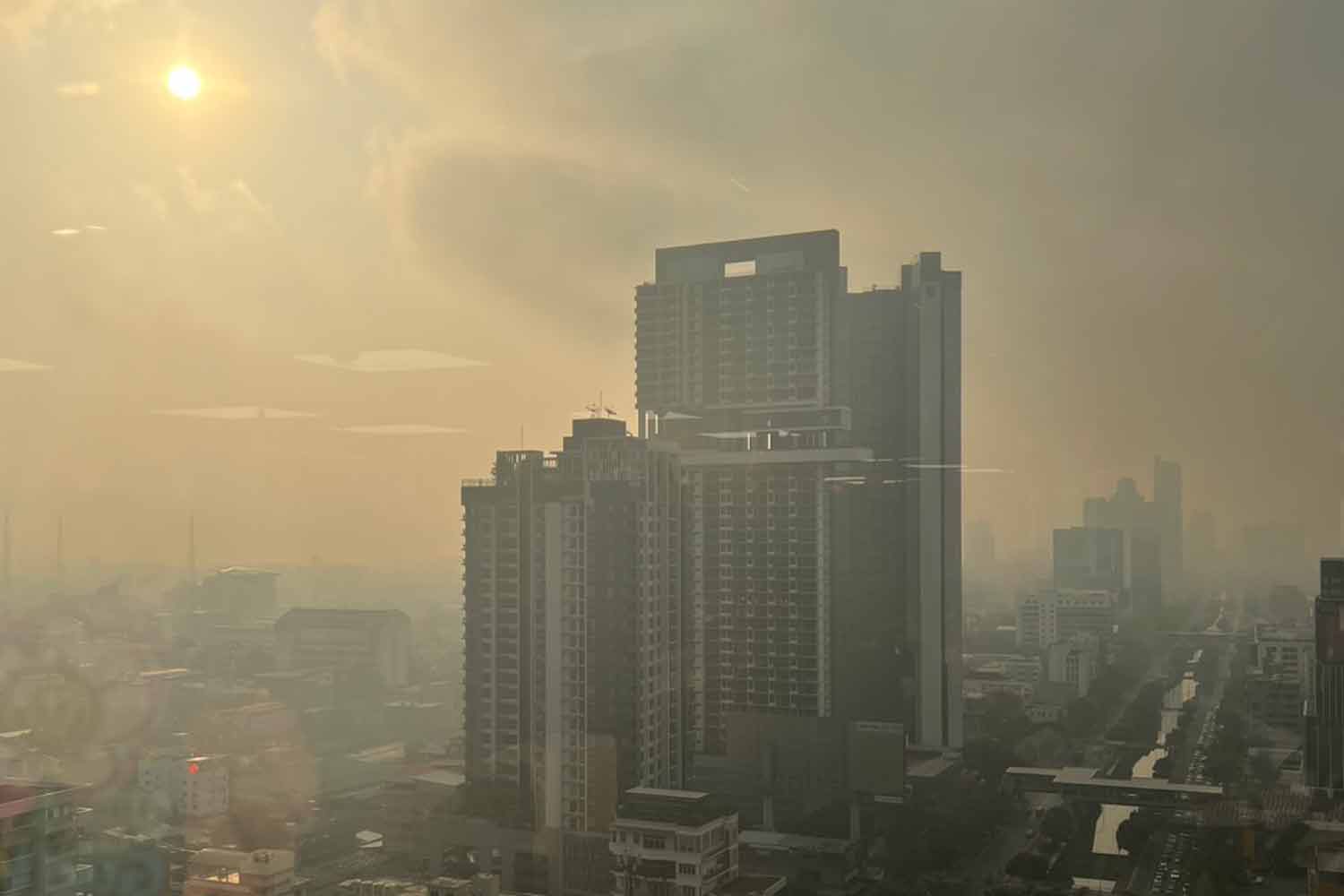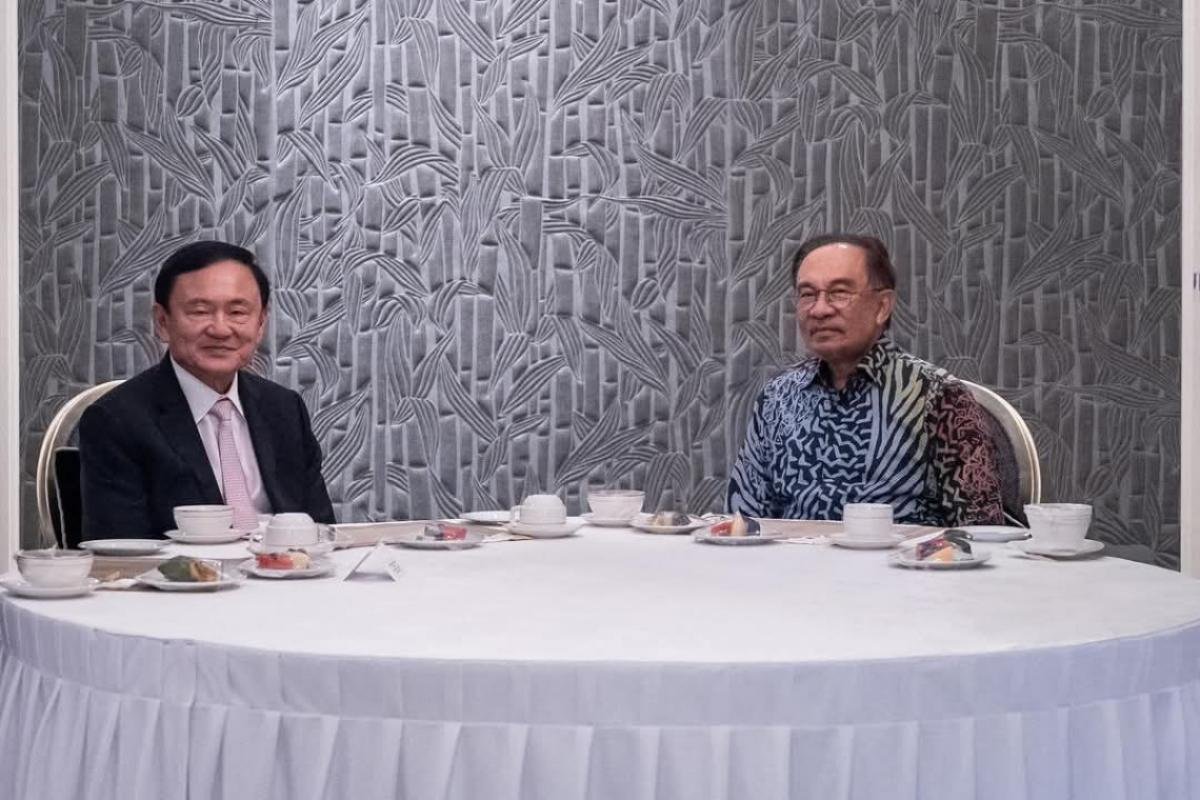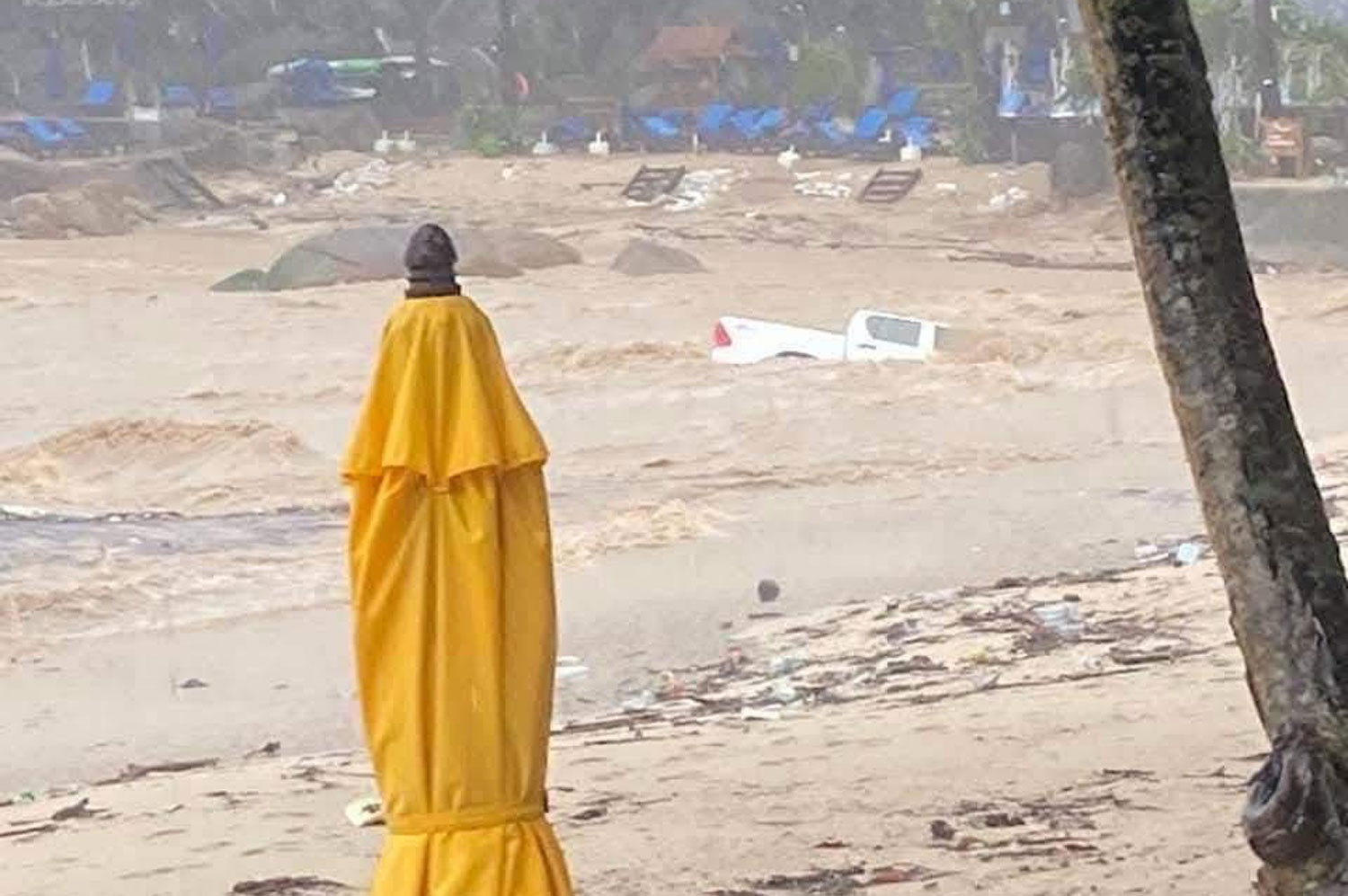The Transport Ministry’s week-long free public transport scheme in Bangkok and surrounding provinces has concluded, marking a return to regular fares for bus and train services. Despite its success in reducing air pollution and increasing ridership, the ministry has decided not to extend the program.
Impact on Commuters
Ridership Surge During Free Period
The seven-day initiative, which ran from January 25 to 31, 2025, saw a significant increase in public transport usage. Bus ridership rose by 36.81%, while train passenger numbers surged by 39.62% compared to the previous week.
Environmental Benefits
Reduced Emissions and Traffic
The scheme led to a notable decrease in air pollution levels. On the first day alone, PM2.5 levels in Bangkok dropped significantly. The number of vehicles on Bangkok’s streets decreased by 350,000 on January 25 and 26, resulting in reduced carbon dioxide and nitrogen emissions.
Future Plans
Flat Fare Implementation
While the free transport scheme has ended, the Transport Ministry plans to implement a 20-baht flat fare by September 2025. This decision comes in response to the observed correlation between fare prices and public transport usage.
Mixed Reactions
Commuter Concerns
The initiative’s success has led to mixed reactions from some commuters. White-collar workers who regularly use the BTS Skytrain expressed frustration on social media about increased crowding, with some opting to drive instead.
Long-term Strategy
Balancing Accessibility and Comfort
As the Transport Ministry moves forward with its plans, it will need to balance the goal of increasing public transport accessibility with maintaining service quality and comfort for all commuters. This challenge will be crucial in shaping the future of Bangkok’s public transportation system.









